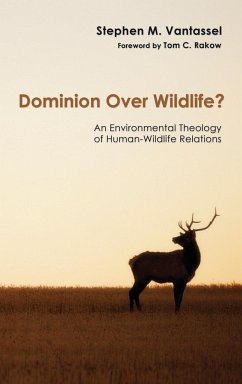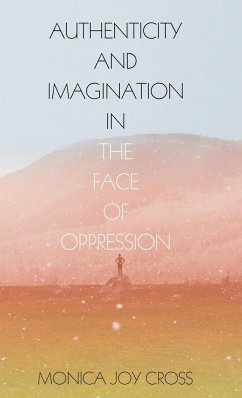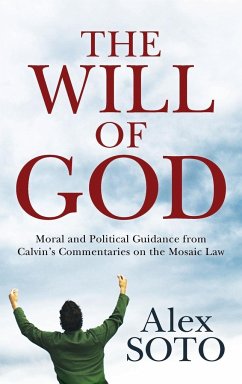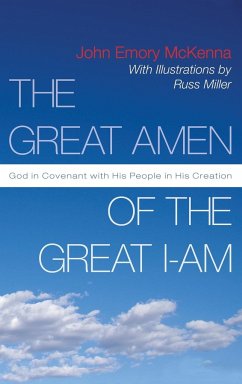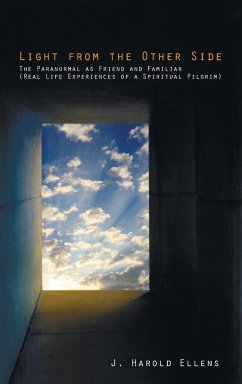For centuries Christians believed that God granted humanity dominion over the animal kingdom, meaning that we had a moral right to kill, manage, and eat animals including wildlife. Recently, however, environmental and animal rights activists have assaulted this traditional perspective. They argue that dominion as expressed in meat eating and hunting has resulted in species extinction and environmental degradation. Christian Animal Rights (CAR) activists suggest that the church must reevaluate its traditional beliefs in light of the fact that God's original creation was free of human on animal violence. God, they argue, did not want man's dominion to be expressed through trapping, killing, and eating of animals. These violent activities only came about after the Fall, as God condescended to our hardness of heart. CAR activists point to Christ's sacrificial work of reconciliation as a model for modern Christian behavior: as Christ sacrificed for us, we should avoid eating meat and hunting as ways we can participate in Christ's non-violent work of reconciling creation to himself. In this book, Stephen Vantassel investigates the biblical, ethical, and scientific arguments employed by the CAR movement concerning human-wildlife relations. In this regard, the book engages in practical theology by addressing several important questions: How should Christians treat our wildlife neighbors? Has the Church been wrong in its understanding of human dominion? Does God want Christians to avoid hunting, trapping, fishing, and adopt a vegetarian lifestyle? This book provides answers to these questions by detailing a theology the author calls, ""Shepherdism.""
Hinweis: Dieser Artikel kann nur an eine deutsche Lieferadresse ausgeliefert werden.
Hinweis: Dieser Artikel kann nur an eine deutsche Lieferadresse ausgeliefert werden.

